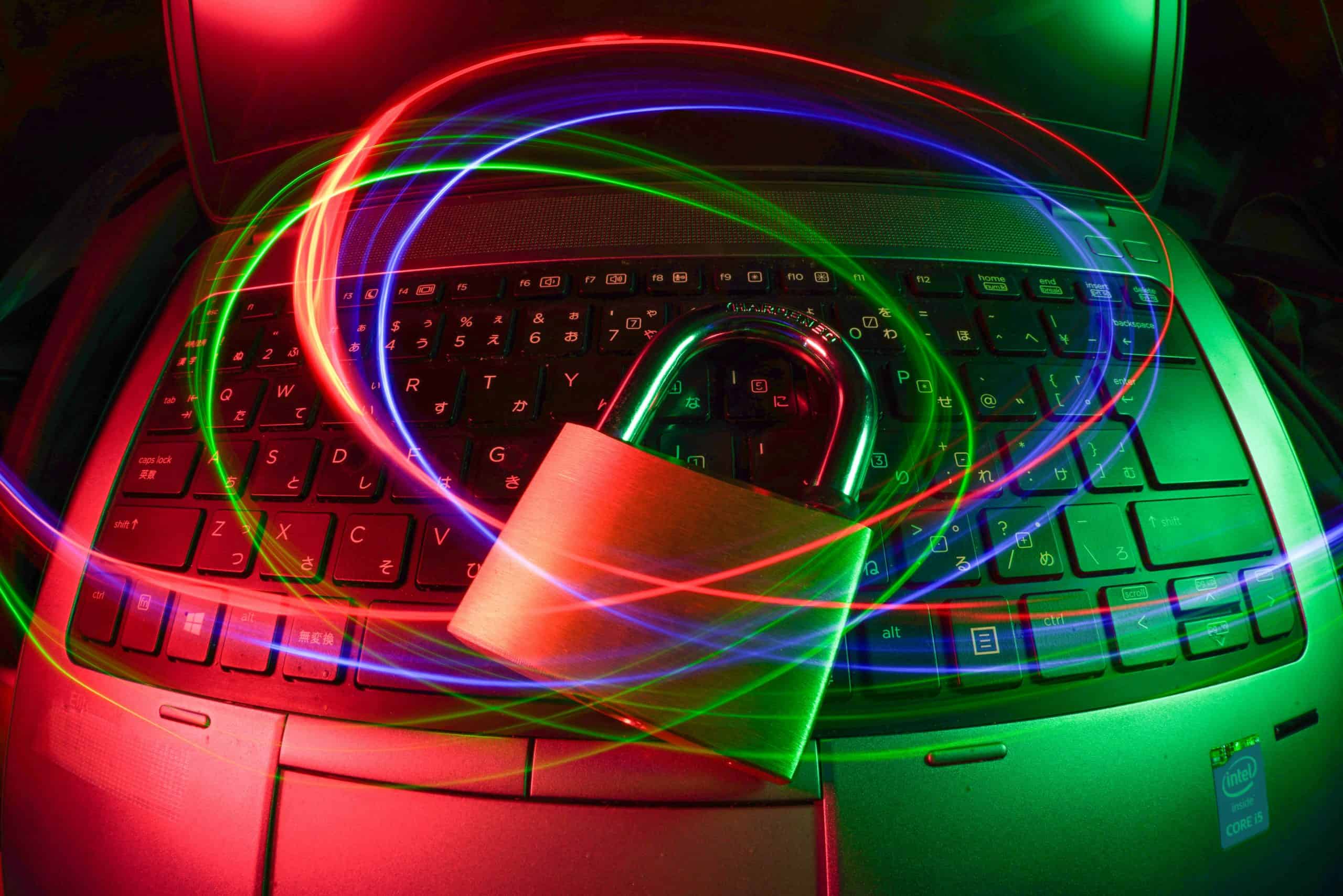Cyber Essentials is a UK Government-backed cyber security scheme designed to set a standard for business cyber security across industries. Being accredited means organisations can have peace of mind knowing they have appropriate security measures in place, whilst also being able to prove that to their stakeholders to better customer trust and brand reputation.
Remote teams, while offering better flexibility and other operational advantages, also open up new avenues for cyber threats. Below we discuss how Cyber Essentials can be effectively utilised to ensure remote working cyber security.
Understanding The Five Key Controls
Cyber Essentials helps organisations protect themselves against common cyber threats, assessing their IT systems and processes against five key technical controls. Those five controls consist of firewalls, secure configuration, user access control, malware protection and patch management. These basic measures ensure you have a secure internet connection, secure devices and software, control of access to data and services, protection from viruses and other malware, and up-to-date devices and software.
Cyber Essentials And Remote Working
Remote working often stretches the boundaries of organisational networks and in doing so blurs the lines of traditional security parameters, leaving gaps in protection. This relatively new working model introduces elements like personal devices, unsecured networks, and the increased use of cloud services, each bringing its unique remote working cyber security challenges.
Cyber Essentials addresses these challenges by providing a robust framework that can be applied not only within the physical confines of an office but also to remote environments. It focuses on fundamental security controls that are critical in remote settings, ensuring that the devices and connections used by remote teams are secure.
Securing Internet Connections
One of the primary concerns for remote teams is the security of their internet connections. Cyber Essentials requires that firewalls and routers – the first line of defence in internet security – are properly configured. This becomes even more crucial when employees are connecting from various locations, often with varying levels of network security. By complying with Cyber Essentials, businesses ensure that their remote teams use secure, encrypted connections, reducing the risk of interception or unauthorised access.
Ensuring Secure Devices And Software
Remote work often involves accessing company resources from personal or mobile devices. Under Cyber Essentials, businesses must ensure that these devices are securely configured. This includes implementing regular software updates, using antivirus software, and ensuring proper security settings are in place. This control is vital to prevent vulnerabilities that can be exploited by cyber attackers.
Controlling Access To Data And Services
The principle of ‘least privilege’ is a cornerstone of Cyber Essentials. This means employees should have access only to the data and services they need to perform their jobs. In a remote setting, where supervision is minimal, controlling access becomes even more important to reduce the chance of internal threats. Implementing strong password policies and multi-factor authentication as suggested by Cyber Essentials can significantly enhance the security of remote teams.
Protection From Viruses And Other Malware
The risk of malware attacks increases with remote work due to the use of potentially unsecured home networks and personal devices. Cyber Essentials mandates the use of up-to-date antivirus software, regular system scans, and other malware protection strategies. This helps in safeguarding remote devices, a crucial aspect when employees are operating outside the secure office perimeter.
Keeping Devices And Software Up-To-Date
The final control point of Cyber Essentials involves maintaining the latest software and device updates. Patches and updates often include fixes for security vulnerabilities. Ensuring that remote team members regularly update their devices mitigates the risk of cyber attackers exploiting known vulnerabilities.
Remote Working Cyber Security
As remote work becomes a norm, the implementation of Cyber Essentials is essential for businesses looking to bolster their remote working cyber security. It provides a clear, manageable, and cost-effective path to bolster cybersecurity defences, especially in a remote work scenario. With Cyber Essentials, organisations can safeguard their operations whilst also building a culture of cybersecurity awareness and resilience among their remote workforce.
Akita is an experienced cyber security partner. Find out more about our Cyber Essentials services:
View More




